Electreon launches America’s first electric road system in Michigan
Electreon was awarded the contract in February 2022 and is on schedule with today’s opening. The section on 14th Street in Detroit is initially a quarter of a mile (400 metres) long and will be extended to a mile (1.6 kilometres). Testing is underway, with extensive tests to begin in early 2024 with a Ford E-Transit equipped with an Electreon receiver.
The connection between Electreon, Ford and the city also runs deep. The carmaker is building an electric and autonomous vehicle campus near the new electric road and Michigan Central Station. 14th Street also runs alongside the Newlab, which houses more than 60 tech and mobility startups, including Electreon.
The project is further supported by the Michigan Department of Transportation (MDOT), the Michigan Office of Future Mobility and Electrification (OFME) and the Michigan Economic Development Corp. (MEDC).
MDOT and Electreon have a five-year agreement, which includes a $1.9 million state grant and $4 million in funding from Electreon and its investors.
Electreon was awarded the contract to build an electric road system (ERS) in Detroit as part of a pilot inductive vehicle charging programme unveiled by Governor Gretchen Whitmer in September 2021.
Stefan Tongur, Electreon’s VP of Business Development, compared dynamic wireless charging to standing charging stations to illustrate the benefits when talking to local media. “Imagine a road where people are driving all the time. The utilization of that infrastructure, which is a long time — 10, 15, 20 years — you have a return on investment, increase utilization and reduce the cost of charging much more.”
The company’s wireless charging technology uses inductive coupling between copper coils installed below the road surface and a receiver installed on an EV. Like a wireless phone charger, the road transfers electricity through a magnetic field activated when a vehicle equipped with a receiver is parked or driving over the in-road transmitters. Construction digs deeper into the ground to place the coils; otherwise, the road-building process is the same.
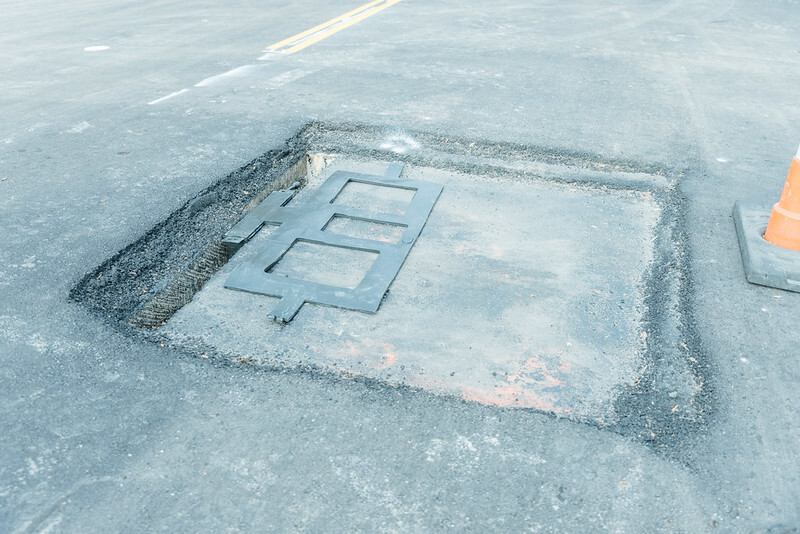
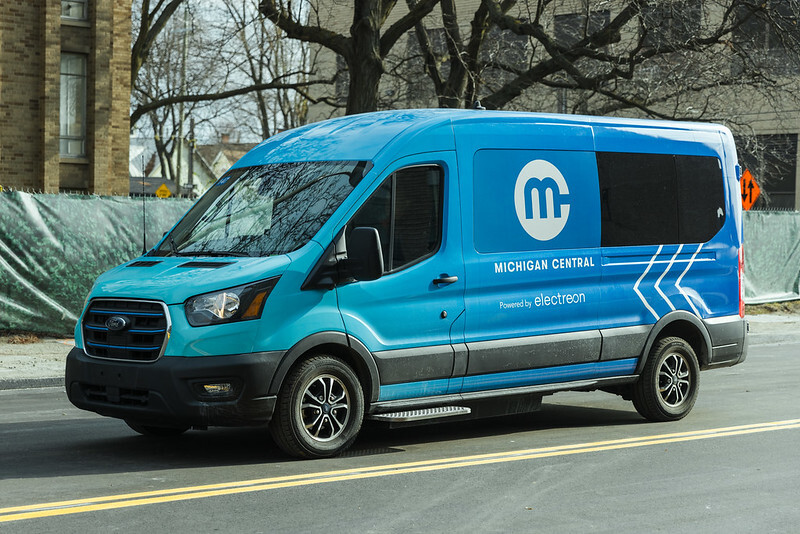
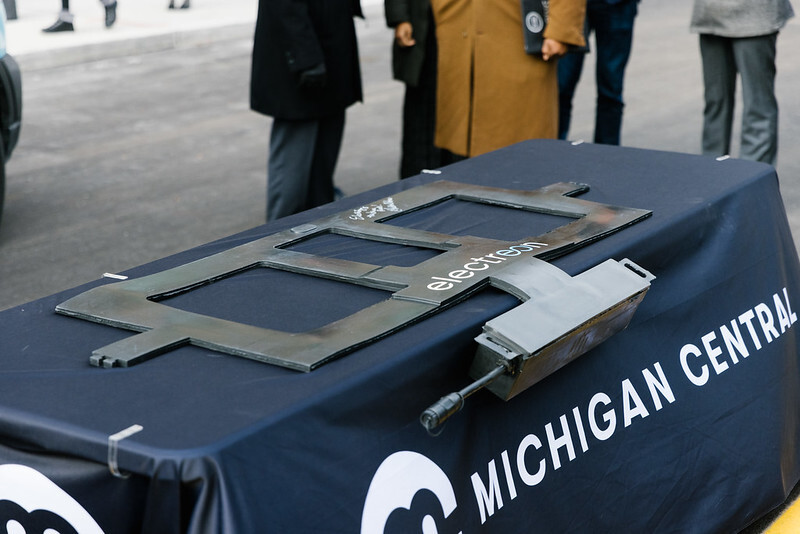
Tongur said the focus is on commercial use cases, not the least because the receiver isn’t commercially available. Hence, Electreon works with automakers like Ford, Toyota or Stellantis NV on integration and retrofitting.
While the Detroit project is Electreon’s first in the USA, the company brings plenty of hands-on experience to the States. In October 2021, it signed a five-year contract in Israel with Dan Bus Company to expand the wireless charging network for electric bus routes in Tel Aviv and the wider area.
In Italy, Electreon has completed the construction of an inductive test track as part of the Arena of the Future project. On the test track in Brescia, built in cooperation with Stellantis, Iveco, and other partners, an Iveco bus and a Fiat 500 charge while driving. Electreon, in this case, embedded charging coils in a 1,050-metre-long track supplied with a total of 1 MW of electrical power. The Israeli company is also active in Sweden and Germany.
As for the US market, Electreon reportedly runs an office in Los Angeles and hired Corey Johnson, former New York City Council spokesperson, as a strategic advisor for the New York region. “We are excited to enter the US market and collaborate with industry leaders to enhance the country’s mobility ecosystem further,” said Stefan Tongur.

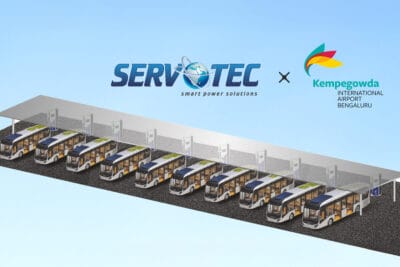
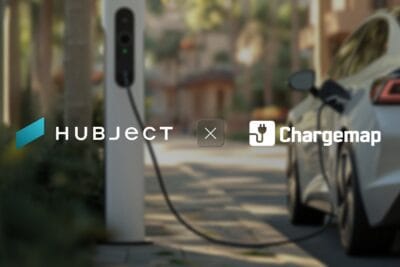
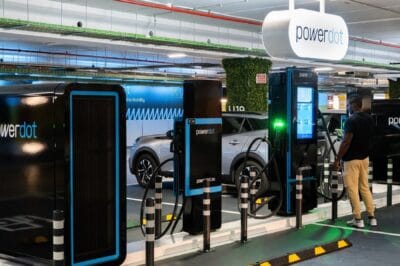
0 Comments